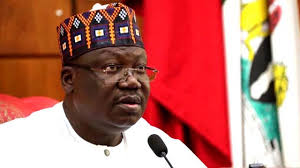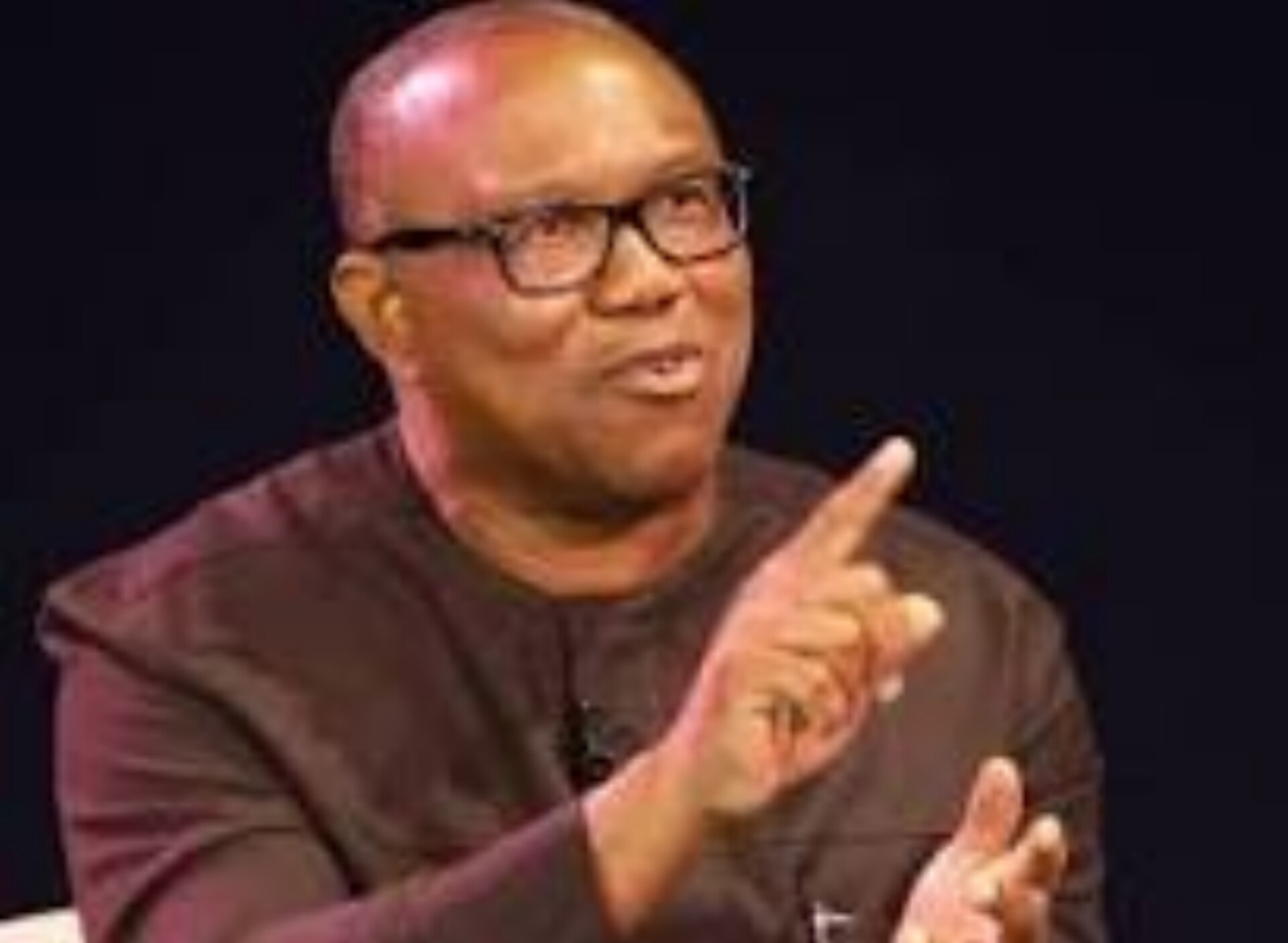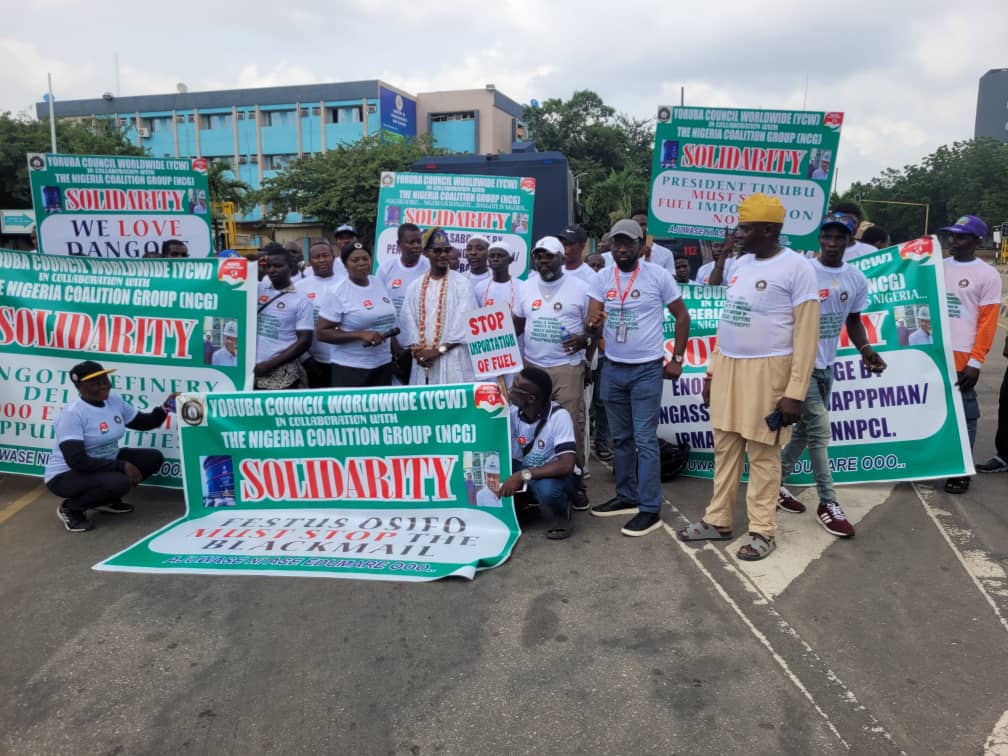Former President Olusegun Obasanjo’s Third term ambition that was knocked out in 2006 has sparked off another controversy at the public presentation of Chief Edwin Kaigbodo Clark’s autobiography on Thursday when the book reviewer Professor Osarenwen Osumbor disagreed with a reproduced account from another book, ‘The Accidental Public servant’
He described El-rufai’s account in his book as a fiction and fallacy adding that the account in the book about himself was not true.
Obasanjo, in 2006, had sought to extend his tenure beyond the constitutionally-allowed two terms of four years each.
The former president, who was also the country’s military ruler between 1976 and 1979, wanted the National Assembly to amend the 1999 Constitution to enable him prolong his stay in office.
El-Rufai’s ‘Accidental Public Servant’ book in which is a tell-all memoir, reflected on a life in public service to Nigeria, the enormous challenges faced by the country, and what can be done while calling on a new generation of leaders to take the country back from the brink of destruction.
However, the book also captured the aborted third term saga where a reference was made to Osumbor who was also a senator at the time.
Osumbor while reviewing the book “Brutally Frankly’ had faulted the author for an extensive quotation of excerpts from Mallam El-Rufai’s book “The Accidental Public servant” which he described as pure fiction and fallacious.

“The most serious shortcoming is the author’s copious reproduction, reference to and reliance on the statements and opinions of other people many of which may be unreliable and unverifiable.
“An example of this is at page 559 where he quoted in extenso excerpts from Mallam El-Rufai’s book “The Accidental Public servant.
“In the relevant portion, the author refers to a discussion at Aso Villa between President Obasanjo, Senate President Ken Namani and others as they mulled the idea of stopping live television broadcast of the Senate debate of the Third Term.
According to him, Chief Tony Anenih is quoted to have said that he will get Professor Osunbor to move the motion.
He went on –
“The following day, we learnt that Professor Osunbor went to the clerk of the Senate and asked that a motion be raised of urgent national importance, with no topic. This allowed – any senator can move to table a motion of urgent national importance” with no further detail. The clerk put the motion in the order paper. On the appointed day, Professor Osunbor fell miraculously ill and had to be admitted to hospital, so there was nobody to raise the motion”.
“This is pure fiction and fallacious. First, it is the prerogative of the President of senate to decide whether to allow a motion of urgent national importance and if satisfied, would direct the Chairman of the Senate Committee on Rules and Business to put it on the Order Paper.
“The Clerk of Senate has nothing to do with it. At any rate, a motion on the modality of Senate Debate will be a matter of privilege which can be raised by any Senator without notice at anytime and once the relevant Order has been invoked it cannot be refused and must be allowed by the Senate-President, much less the clerk of Senate.
Osumbo while extricating himself said, “At no time have I fallen miraculously ill and from 1999 when I entered Senate till date, I have never been admitted to any hospital.
“Importing such falsehoods into a book diminishes its quality.”
He however described the book as an excellent literary work, rich in political history (ancient and contemporary) of Nigeria.
“It deserves to be in every library as an invaluable reservoir of knowledge. The finishing is good and the memorable pictures which adorn some 35 pages speak more than a thousand words.
However he observed that there was a big omission. “The author tells us that his great-grandfather had 100 wives, his grandfather had 40 and his father had 7 but he was silent on the number of wives he himself had married. Maybe he is still counting.”
“BRUTALLY FRANK makes very interesting reading. The author’s clear memory and recollection of dates, names, places and events is impressive and phenomenal. This could partly be attributed to good record keeping.
“The book is not without flaws, though minor, many of them typo and spelling such as “constant tenants” instead of “customary tenants (p. 64), “Justice Omo Eboh” written as “Omoibo” (p. 159) and “Awkunanaw” written as “Okunanu” (p. 167).
“At times, the language is intemperate such as using the word “stupid” (P.359), this is obviously in anger but not appropriate in a book.
The event that took place at the International Conferecmnce Center, Abuja, chaired by former Head of State Gen(rtd) Yakubu Gowon, had President Bola Tinubu; Peter Obi, presidential candidate of the Labour Party (LP); Maryam Abacha, wife of the late former head of state; Adeyeye Ogunwusi, Ooni of Ife; Ado Bayero, Emir of Kano, Theophilus Danjuma, former Nigeria’s chief of army staff; among personalities in attendance.



